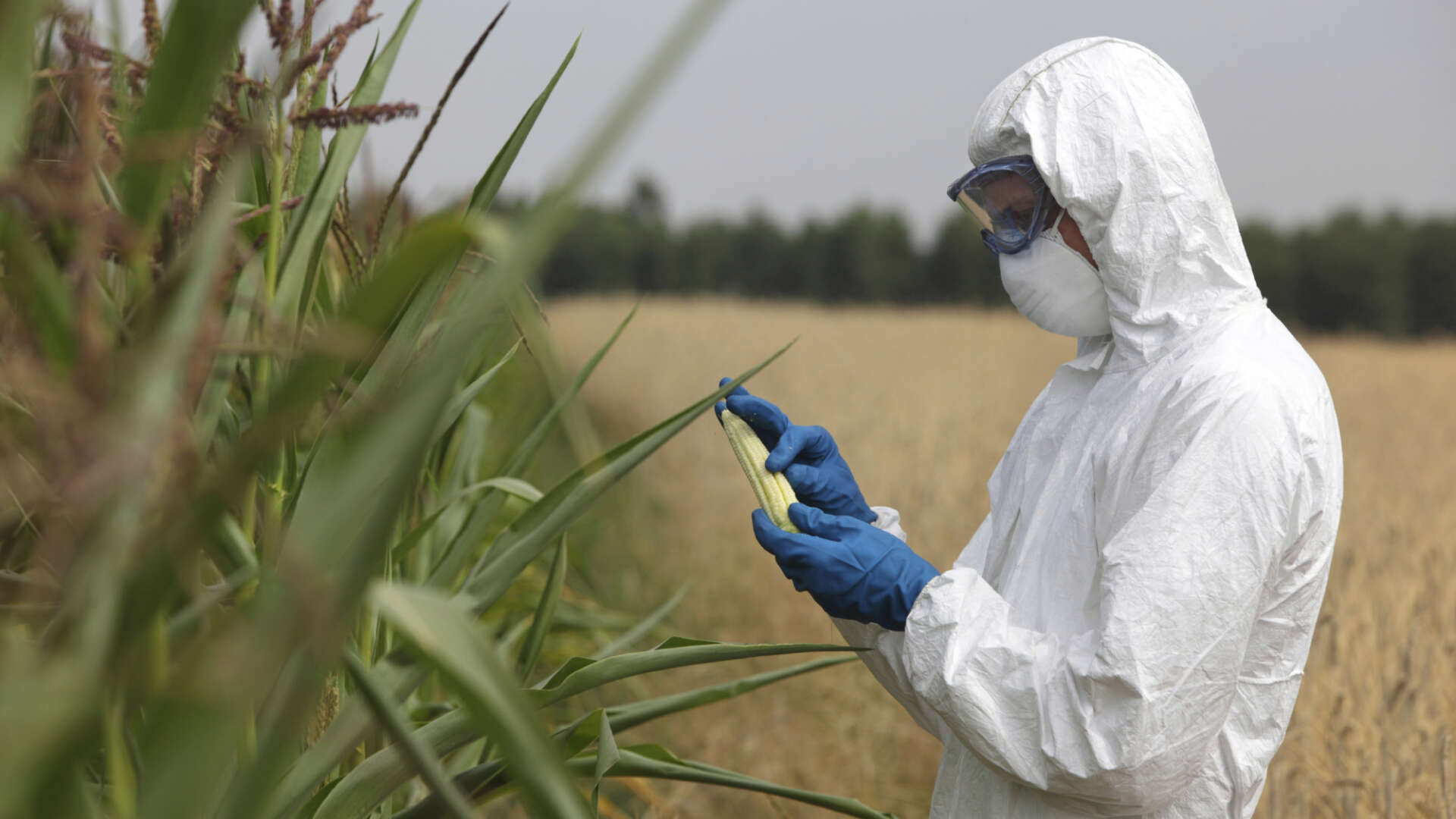Are GMOs safe to eat?

You may have read recently in the media that GMOs have been given a clean bill of health for human consumption by the US National Academy of Sciences. Good news for GMO supporters, and producers. However, you may like to read this review of that report by by Claire Robinson of GM Watch. It questions the science behind the report, and the selective use of research to support its thesis. For instance, 95% of the data is on 49 day old chickens fed on GM crops. This is hardly relevant to human health, nor does it provide longitudinal analysis of any developing health issues - even in chickens. The report also appears to accept at face value the studies that conclude safety, while rejecting as unreliable the studies that find risk and harm.
Although growing genetically engineered crops is banned in the UK, much of our animals feed is made up of GM crops imported from elsewhere. Studies on humans and their consumption of GM foods are few. However there are numerous adverse effects on laboratory animals, which include hepatic, pancreatic, renal and reproductive impacts. Concerned scientists argue that these health risks could well be present for humans.
If you would like to know more about genetic engineering and GMO crops, read this. We offer insight into the environmental, health and political/ethical implications, as well as a look at the future of genetic engineering.
You may also like
